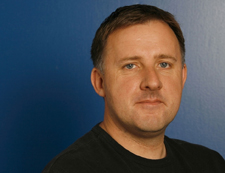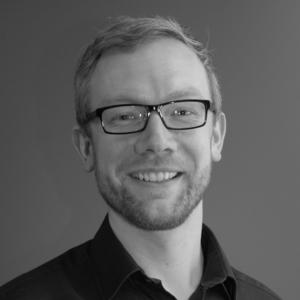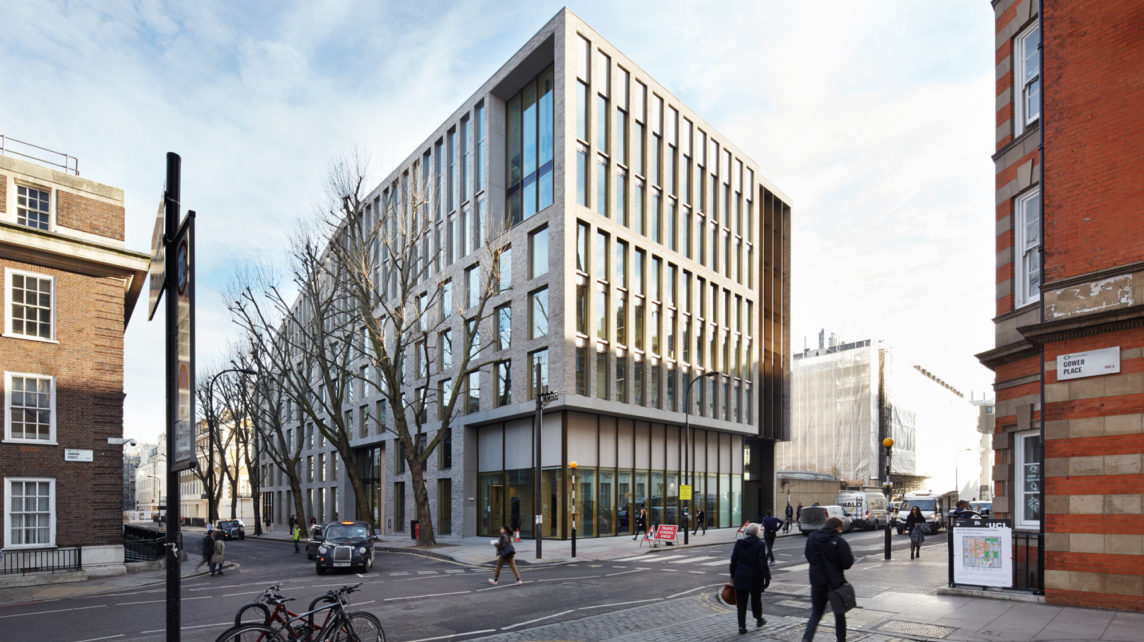


The LDAC workshop series provides a focused overview on technical and applied research on the usage of semantic web, linked data and web of data technologies for architecture and construction (design, engineering, construction, operation, etc.). The workshop aims at gathering researchers, industry stakeholders, and standardization bodies of the broader Linked Building Data (LBD) community. This includes the buildingSMART Linked Data Working Group (LDWG) participants and the W3C Linked Building Data (LBD) Community Group participants. The aim of the workshop is to present current developments, coordinate efforts, gather stakeholders, and elaborate use cases.
This year's LDAC workshop takes place at the premises of University College London (UCL) and ARUP, in London (United Kingdom). In this workshop, the main aim is to evaluate the current status of the different available ontologies to capture building data. This includes:
Aside the development and usage of these ontologies, the purpose of the LDAC workshop is to also investigate ways in which the ontology-based data can be combined into a complete and holistic set of available building data. Finally, and most importantly, a number of industry cases are invited, aiming to give an indication of the effect of these ontologies on every day practice in managing building data (design, construction, facility management, smart cities). The following topics are hereby warmly welcomed:
Paper submission deadline: April 6, 2018
Industry case submission deadline: April 30, 2018
Notification of acceptance for paper submissions: April 30, 2018
Notification of acceptance for industry cases: May 10, 2018
Registration: June 11, 2018
LDAC workshop: June 19-21, 2018

Ed Parsons is the Geospatial Technologist of Google, with responsibility for evangelising Google’s mission to organise the world’s information using geography. In this role he maintains links with Governments, Universities, Research and Standards Organisations which are involved in the development of Geospatial Technology. He is a member of the the Board of Directors of the Open Geospatial Consortium and was co-chair of the W3C/OGC Spatial Data on the Web Working Group. He is a Visiting Professor at University College London and an Executive Fellow at the University of Aberdeen Business School.

Tom Heath is an internationally recognised computer scientist with many years’ experience of data science/engineering and web technologies, and has held senior research and data science positions in commercial and non-profit startups. He is an accomplished and experienced team leader, with a passion for combining technical expertise and client-facing activities. Tom is known in the research community for his work on Linked Data, having authored a number of highly cited publications in the field. Since joining Arup in May 2016 he has been instrumental in building the company's capabilities in data science, data engineering, and cloud computing, by demonstrating the value these can bring to challenges in the built environment.
The LDAC 2018 event will follow its usual set up and program (tentative outline below). In particular, the workshop will host again a high number of plenary sessions, and the well-known technical track and industry case track will be organised in sequence.
We support two types of submissions: academic paper submissions and industry case proposals.
All submissions are reviewed by at least two members of the Program Committee, which consists of the following members:
Register https://goo.gl/kRDpZa
Registration deadline: June 11, 2018.

The event will be held at the University College London, 22 Gordon Street, WC1H 0QB, London, UK. You can find where it is via https://www.ucl.ac.uk/maps/22-gordon-street. The nearest tube stations are: Euston, and Euston Square Station. Please check the TfL website for further information.
You have a few options depending on which airport you fly into, and how much you're willing to spend on your journey. Unfortunately, UCL is unable to operate airport transfers. To help you, we have put together some information which details the options you have for finding your way here. London is well-served by transport links and UCL is located in the Bloomsbury district at the very centre of London. There are easy connections to UCL from London’s global hub airports at Heathrow, Gatwick and Stansted and you will find that London’s extensive public transport system is convenient and easy to use.

There are plenty of places to stay in central London. A good potential nearby location would be the Academy Hotel: https://www.theacademyhotel.co.uk/. Other recommended hotels in the area are: